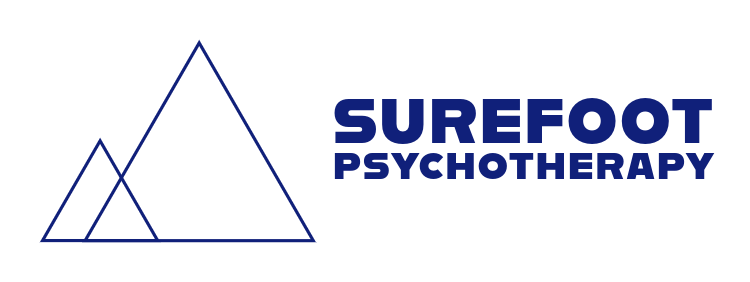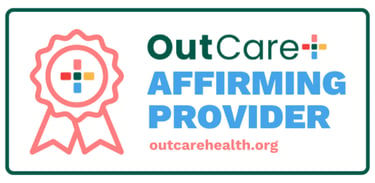
Why Therapy?
Do I really need a therapist?
This is a question that comes up for people considering therapy.
There is a great blog post by Jessica Grace on The Gottman Institute website called "Therapy Isn’t Something to Be Ashamed Of." If you don't want to read the whole thing, here are some common myths it mentions that are worth reviewing for yourself:
1. “I must be weak or unstable if I go to therapy.”
It’s easy to feel like you should handle everything on your own, but seeking help is a sign of strength, not weakness. It shows you value yourself and want to make positive changes. Therapy supports personal growth, no matter the size of your struggles.
2. “Therapy is going to be all about my childhood.”
While early experiences can influence your life, therapy often focuses on your current challenges and future goals. Understanding the past can help, but the emphasis is on learning tools for progress and healing now.
3. “Only people with serious problems need therapy.”
You don’t need to be in crisis to benefit from therapy. Just like you wouldn’t wait for a car (or bike) to break down before getting it checked, therapy helps with small and large issues alike. Every struggle is valid, and comparison to others only holds you back from getting the support you deserve.
4. “My friends or family are all the support I need.”
Loved ones can be supportive, but they’re not trained professionals. Relying on them for therapeutic support can strain relationships. Therapists provide objective, evidence-based guidance while keeping boundaries clear and supportive.
5. “Therapy isn’t worth the money.”
Therapy is an investment in your well-being. If your mental health is impacting your work, relationships, or happiness, the long-term benefits of therapy often outweigh the costs.
6. “Once I start therapy, I’ll be in it forever.”
Therapy isn’t a lifelong commitment. Some people benefit from a few sessions, others from longer-term support. You and your therapist collaboratively decide what’s right based on your goals and progress.
7. “Therapy isn’t science.”
Modern therapy is grounded in rigorous, evidence-based research. Therapists study psychology and use proven methods to help people effectively.
8. “A therapist must have lived my experience to understand me.”
While shared experience can help, empathy and training are what truly matter. Therapists are skilled in understanding diverse experiences, and if one isn't the right fit, others may be better suited to your needs.
9. “I think medication is more effective than therapy.”
Medication can help, but research has shown that therapy often works best in combination with it—especially for conditions like anxiety, depression, or addiction. Therapy provides strategies and support that meds alone can’t offer.
10. “Therapists have their own lives all figured out, how can they relate?”
Therapists are human, too. Many have their own therapists and face personal challenges. Their strength lies in using their training and experience to support others, not in having perfect lives.









